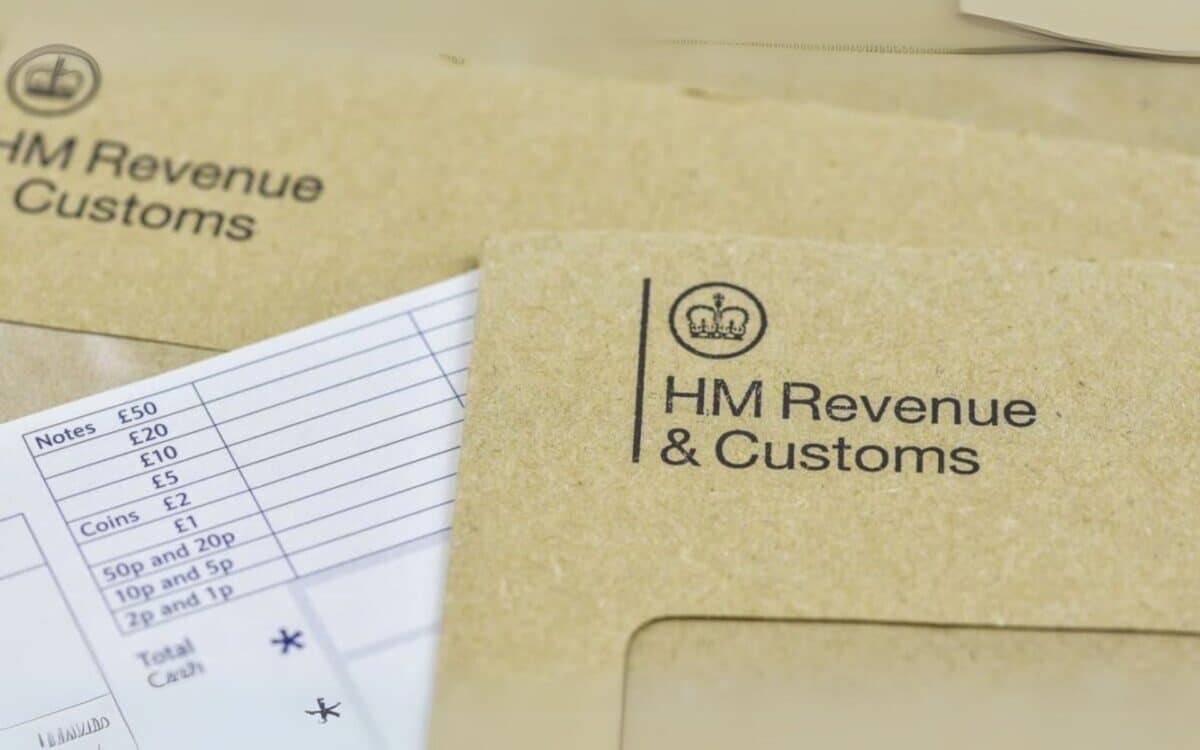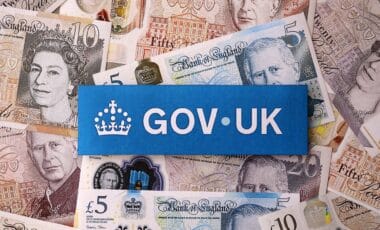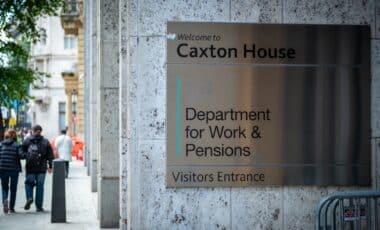Millions of taxpayers in the UK face a looming deadline to file their self-assessment tax returns, with potential financial penalties for those who fail to act. HM Revenue and Customs (HMRC) has issued a final call for action, urging individuals to submit their returns before January 31 to avoid fines.
The Importance of the January 31 Deadline
HMRC estimates that 3.4 million people have yet to submit their self-assessment tax returns for the 2023/24 tax year. Missing the January 31 deadline carries serious consequences, including immediate penalties and accumulating charges over time.
Penalties for Late Submissions
Taxpayers who fail to file their self-assessment tax return on time face the following penalties :
- An initial £100 fixed penalty, regardless of whether tax is owed or already paid.
- Additional daily penalties of £10 per day, capped at £900, after three months.
- At six months, a further penalty of 5% of the tax owed or £300, whichever is greater.
- At twelve months, another 5% or £300 charge, whichever is greater.
These penalties apply even if there is no outstanding tax liability. HMRC emphasises that acting quickly is the only way to avoid these fines.
Hmrc’s Resources and Support
HMRC has developed a variety of tools to help taxpayers navigate the self-assessment process efficiently. These resources are designed to address common challenges, provide clear instructions, and offer support for those with unique circumstances.
Taxpayers can access these services at their convenience, ensuring they have the necessary information to complete their returns accurately and on time.
By utilising these tools, individuals can reduce errors, avoid penalties, and simplify the overall filing process.
- Step-by-step video tutorials available on YouTube.
- Comprehensive guidance and tools on the GOV.UK website.
- The HMRC mobile app for easy access to account details and filing options.
For those unable to meet the deadline, HMRC has reiterated that individuals with reasonable excuses will be treated fairly. Taxpayers are encouraged to contact HMRC before January 31 to explain their situation and potentially avoid penalties.
Who Must File a Self-Assessment Tax Return?
While many individuals pay taxes through the Pay As You Earn (PAYE) system, there are specific circumstances that require the completion of a self-assessment tax return. Failing to file, even when unaware of the obligation, can result in penalties.
The following individuals must submit a self-assessment tax return :
- Self-employed individuals with gross income exceeding £1,000.
- Self-employed individuals earning less than £1,000 who opt to pay Class 2 NICs to protect their State Pension and certain benefits.
- Partners in a business partnership.
- Individuals with a total taxable income exceeding £150,000.
Additional Income Sources
Taxpayers with untaxed income from other sources must also file, including those who :
- Receive pension income over £2,500.
- Earn more than £1,000 from trading, freelancing, or providing services online.
- Receive rental income from UK properties.
- Have to pay the High Income Child Benefit charge.
Interest and Investments
- Individuals receiving interest or investment income exceeding £10,000.
- Those earning money from online platforms, such as selling goods or providing services.
HMRC offers online tools and guidance to help taxpayers determine whether their earnings from online platforms constitute taxable income. Searching for “online platform income” on GOV.UK provides clarity on these obligations.
Avoiding Penalties Through Preparation
Taxpayers who act now can avoid unnecessary fines and ensure compliance with HMRC’s rules. Proper preparation involves:
- Ensuring all relevant documents, such as bank details and income records, are ready for submission.
- Reviewing available HMRC resources for guidance on the filing process.
- Using HMRC’s digital services to check deadlines, payment schedules, and available repayment options.
For those struggling to pay their tax bill by January 31, HMRC advises making contact as soon as possible to discuss payment plans. Early communication increases the likelihood of avoiding penalties.
HMRC’s Message to Taxpayers
Myrtle Lloyd, HMRC’s director general for customer services, highlighted the urgency of the situation: “Time is running out for the millions still to file their self-assessment tax return by January 31. Help and support are available for those who have not yet started their return. Visit gov.uk and search ‘self-assessment’ to find out more.”
For taxpayers, the message is clear: acting now is essential. Missing the deadline will not only lead to immediate penalties but can also create longer-term financial burdens.









